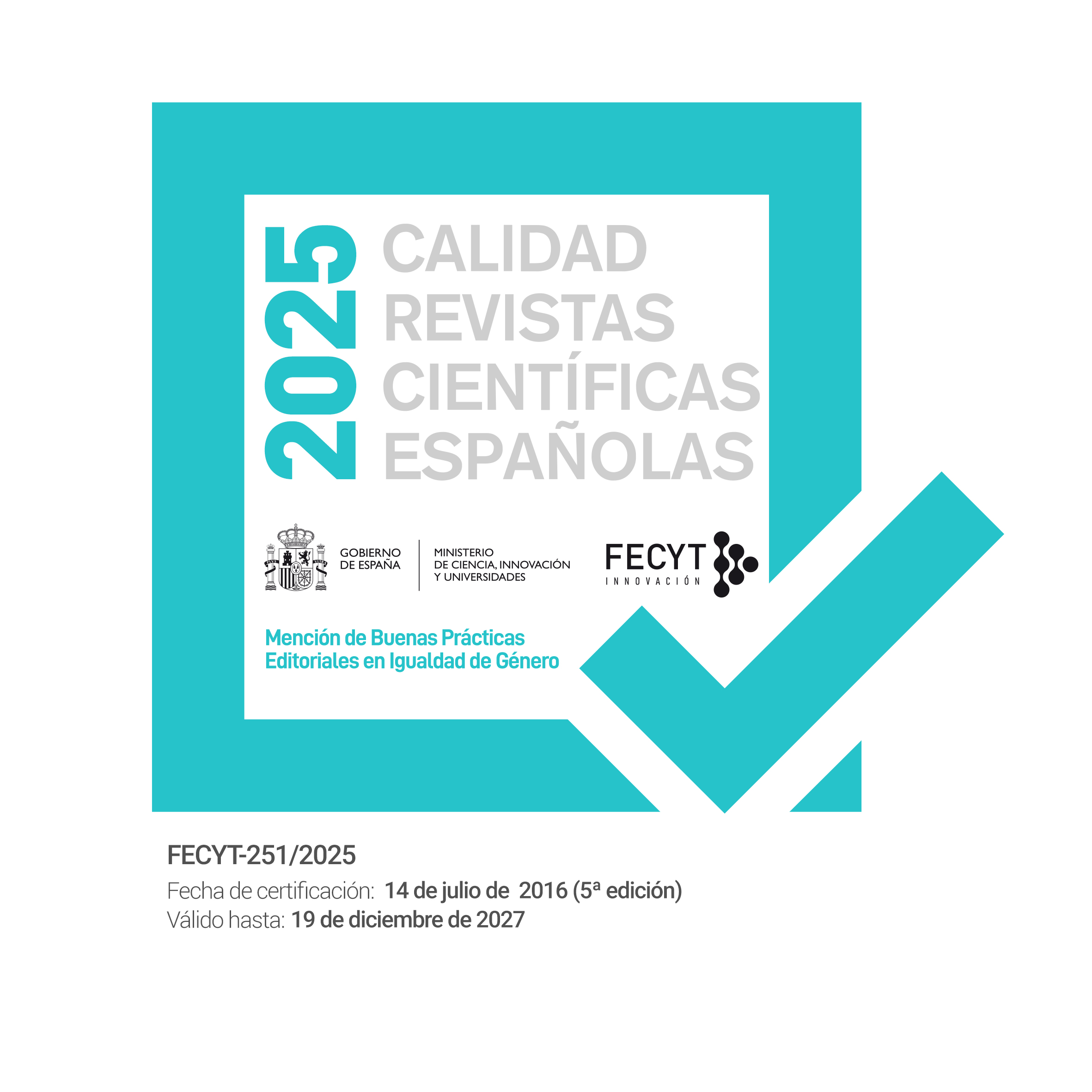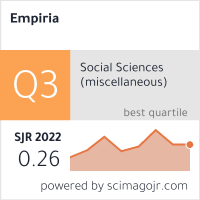The problem of text in evaluative research: A case study
DOI:
https://doi.org/10.5944/empiria.38.2018.19704Keywords:
evaluation of policies, governmentality, critical management studies, discourse analysisAbstract
Based on a rhetoric of the evidence, technocratic discourses construct narrative plots "starring" by unquestioned measures and indicators before which counter arguments do not fit. Thus, certain decisions are presented as the only possible ones, as the one best way of government action. Before the text of a report presented in terms of scientific and political truth, we propose an analysis of its elaboration processes, its forms of appropiation and its uses; a critique of its conditions of possibility whose object is the text of the report itself. This article provides a sample of this critical work. Through intensive study of the evaluation of a public intervention, we analyze the production process of an evaluation report, its discursive result and its institutional reception. From that analysis, we derive some implications about research as writing process and about the coupling and decoupling games between research and government discourses and practices.
Downloads
Downloads
Published
How to Cite
Issue
Section
License
Los autores que publican en esta revista están de acuerdo con los siguientes términos:a) Los autores conservan los derechos de autor y garantizan a la revista el derecho de ser la primera publicación del trabajo al igual que licenciado bajo una Licencia Internacional Creative Commons CC BY-NC-SA 4.0.
b) Se permite y se anima a los autores a difundir electrónicamente las versiones pre-print (versión antes de ser evaluada) y/o post-print (versión evaluada y aceptada para su publicación) de sus obras antes de su publicación, ya que favorece su circulación y difusión más temprana y con ello un posible aumento en su citación y alcance entre la comunidad académica.












